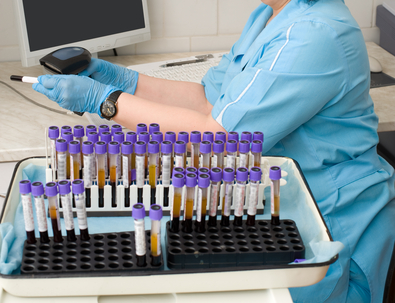Are you a cancer caregiver who’s tiptoeing around your loved one because you’re afraid of saying the wrong thing? Use these tips to guide your conversations in positive and helpful directions.
Tips for Talking to a Cancer Patient
- Don’t stress about coming up with the perfect words. This is a new situation for both of you. If you don’t know what to say, be honest about it. Your loved one will let you know what he or she needs.
- Keep the focus on the patient. You’re there to help them, not the other way around. Talk to another friend or family member if you need a sounding board.
- Avoid clichés or dismissive comments like “You’ll be fine” or “At least you got the ‘good’ cancer.” Of course you don’t want to be a source of doom and gloom, but minimizing the situation doesn’t make the patient feel any better.
- Every case of cancer is different. Don’t bring up friends, family members or acquaintances and compare their situations.
- Don’t ask for details about their cancer treatment such as blood test results or possible side effects. Let them share information if they like, but respect their personal boundaries.
- Sometimes no words are necessary. Your loved one might want you to provide a sympathetic ear, or may prefer a period of silence. Be willing to graciously accommodate their wishes.
Personalized Cancer Treatment from Issels®
Your experience with cancer is unique, so your treatment should be also. Visit our website to learn more about cancer vaccines and other individually tailored and integrative immunotherapy for cancer treatments.



